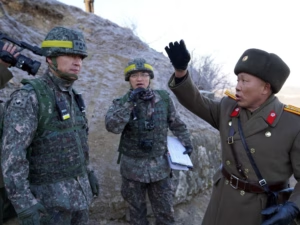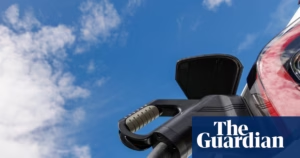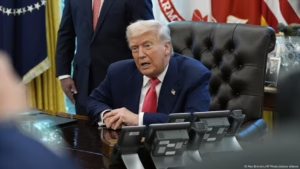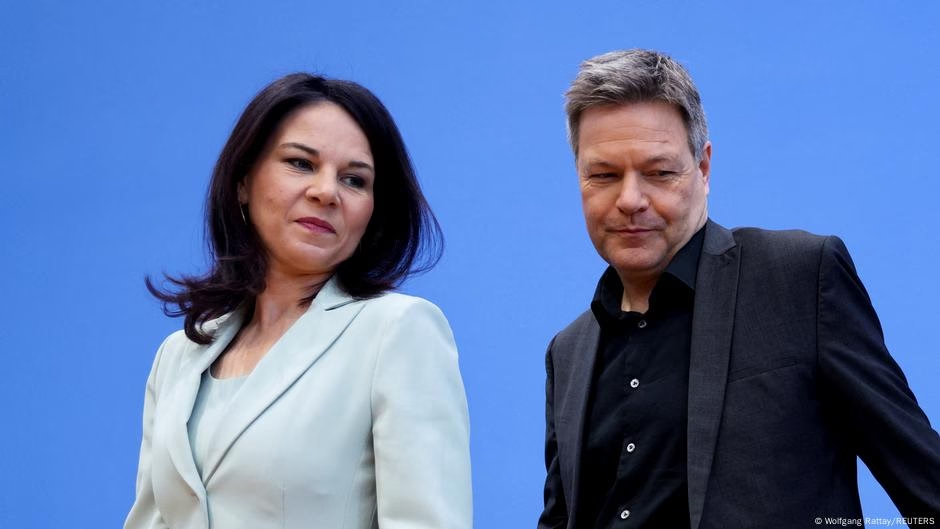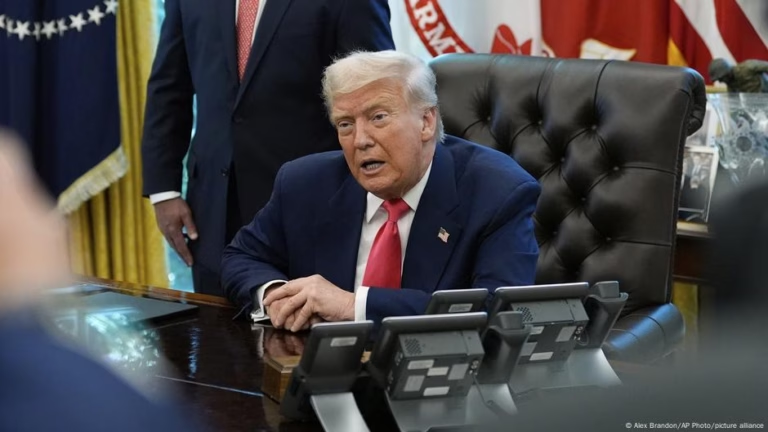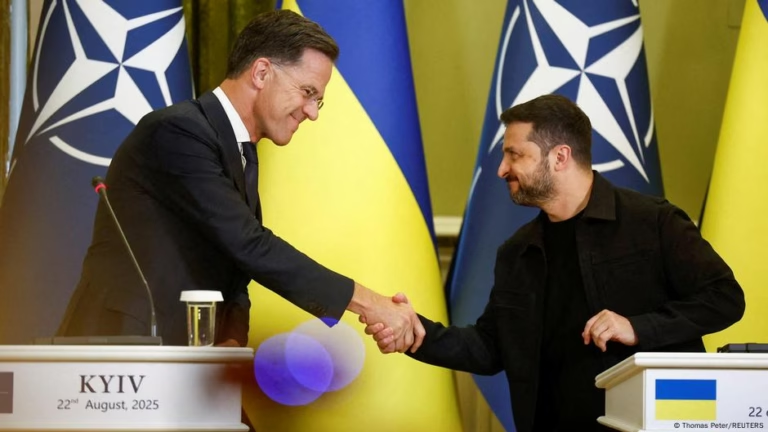Until CDU leader Friedrich Merz is elected as the new Chancellor, the current government with its Green Party cabinet ministers will remain in office, but with limited ability to maneuver. By Easter, the Greens’ time at the levers of power is expected to end after less than four years.
Habeck steps back, Baerbock remains quiet
The Green Party’s failed chancellor candidate, Robert Habeck, doesn’t believe he made significant mistakes during the tough and short election campaign. He maintained the Greens as allies of both the SPD and the CDU/CSU. The election campaign was good and the party was united, according to Habeck. He stated that he received much encouragement, but the result was not as desired. Habeck informed the press that he would not lead the Green parliamentary group or assume any prominent position in the party going forward.
Foreign Minister Annalena Baerbock is currently silent about her future plans. Both she and Habeck are members of the new Bundestag. During his campaign, Habeck had mentioned his openness to forming a coalition government with the CDU/CSU. Green Party co-leader Felix Banaszak believes this cost Habeck votes as many people found the idea of Friedrich Merz becoming chancellor terrifying.
Too much focus on immigration?
Habeck frequently spoke about the need for deportations of criminals, even to Afghanistan. Many within his party questioned the wisdom of discussing immigration so much without being prompted. In the end, the Greens lost 700,000 votes to the Left Party, which openly defended its liberal immigration policy.
However, the disappointing election campaign also reflects the failure of the Greens’ coalition government with the center-left SPD and the neoliberal FDP. They achieved significant accomplishments in expanding renewable energies and the new citizenship law, but the coalition was highly contentious, as Green parliamentary group co-leader Britta Hasselmann pointed out.
Opposition will be challenging for the Greens
The Greens’ move to the opposition will be difficult to adapt to. Green Party co-leader Banaszak stated that with US President Donald Trump’s new position, Germany now requires a government that takes on a more self-confident role in Europe.
Though unlikely, the Greens could have a crucial role if Merz needs a partner to reform the country’s strict debt rules, especially since Trump has indicated that he no longer wants to provide for Germany’s defense. The Green Party is open to supporting this risky plan as a governing party for a few more weeks.
This article was originally written in German.
While you’re here: Every Tuesday, DW editors round up what is happening in German politics and society. You can sign up here for the weekly email newsletter Berlin Briefing.
